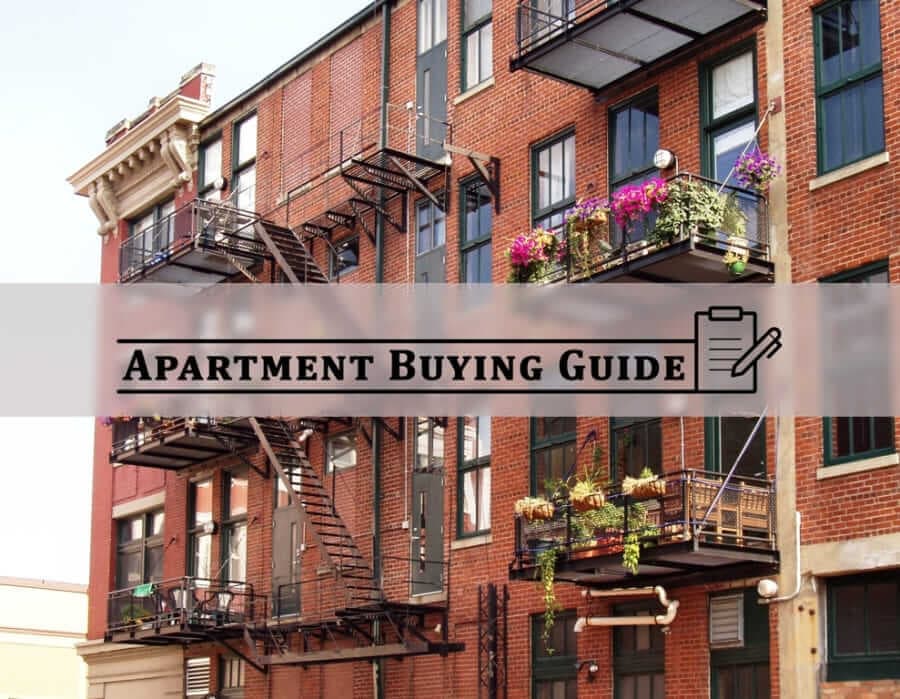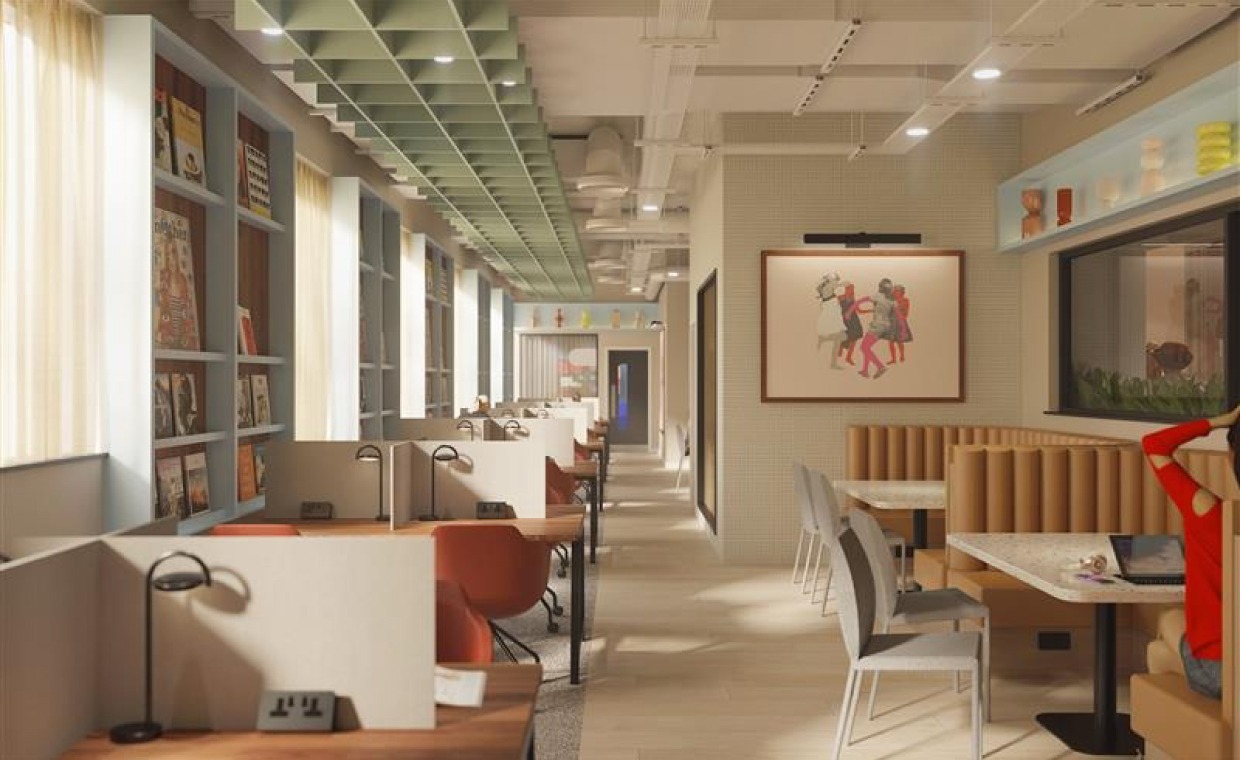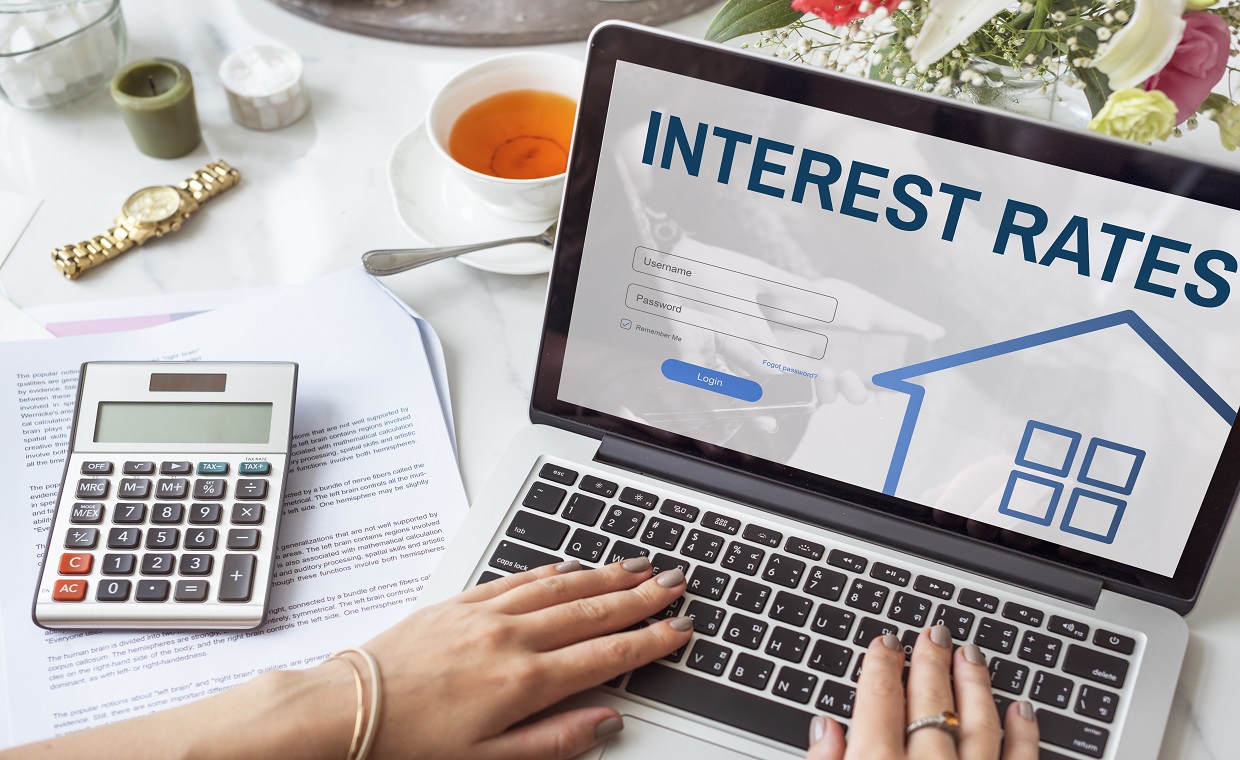
One of the worst parts about moving to a new city is finding an apartment in a good locality. The whole process of searching for, inspecting, and moving into an apartment is absolutely exhausting. So, are you thinking about buying an apartment, but you don’t know where to start? Confused Right?
With a little preparation though you can make it much quicker and less infuriating. To help you out, we have put together a beginner’s guide to finding and buying a new apartment.
Guide for Buying an Apartment
01. Know Your Budget and Needs
The biggest mistake people make when looking for an apartment is beginning their search before deciding on a budget. There are tons of beautiful, centrally located apartments that are significantly more expensive than most people can afford.
You don’t want to get discouraged by finding all the luxury apartments out of your price range before actually getting down to your search. Sit down and lay out all your expenses and income. Figure out what your low, comfortable, and high limit rents are.
Once you know how much you can spend, you can look for the features you need. If you have a family with 2 kids you’d be wasting your time looking at studio apartments. Think about things like:
- Number of Bedrooms
- Number of Bathrooms
- Type of Flooring
- High/Low Floor
- Pet Status
- Parking
- Location
Also, ascertain that there are no hidden costs. Assess what are the additional fixtures, equipment etc., that you may need to buy on your own after moving.
02. Consider Roommates
For single people, finding an affordable apartment can be a huge challenge in major cities. The cost of apartments nearby in America have doubled over the last 20 years. Unless you are willing to live well outside the city, getting a roommate is a great financial decision.
The money gains don’t come without downsides of course. Living with someone, even a good friend, can be a chore. You give up significant privacy letting another person live in your apartment. Make sure you carefully consider the costs and benefits.
Even if you don’t have any friends or family living in your area, there’s still hope. There are now tons of great apps to help you find a roommate. You can filter by gender, work schedule, introversion/extroversion, and even things like dietary restrictions.
03. Search for Discounts
Once you know your budget range and specific needs, you are ready to buy an apartment. In the old days, this meant checking out the classifieds or talking to a rental agent.
Now thankfully, you can do the full search process from the comfort of your home. There are great sites that allow you to narrow down your search to precisely what you need. They take all the guesswork out of finding apartments nearby that are affordable and fit your requirements.
Some even specialize in finding you the best move in and other discounts. This allows you to move in without wasting your hard-earned money on things like application and key fees.
04. Get Your Ducks in a Row
Most apartments will require significant personal and financial information. When filling out an application, you will be required to provide employment verification, monthly income, and any other large monthly obligations you have.
Most of the best apartments nearby make you pull a credit report and sometimes even consent to a background check. Save yourself some time by getting all this information together.
It makes you appear more organized and a better candidate for potential apartment managers. If you know you are getting ready to look for an apartment try and clean up your credit as much as you can. Also, ascertain whether if a tie-up with banks are available for a housing loan, in case you need.
A higher credit score can often lower your rent. Spending a few months making payments on time and building your credit can pay off big time.
05. Check the Apartment Carefully
Please check whether the property has all the approvals, licenses, permits etc. Agreeing to a lease is a major financial commitment. Make sure you thoroughly inspect a potential apartment before signing anything.
The most important things to check for are signs of damage, the overall state of the community, and the friendliness and professionalism of the staff. Clean, well-maintained apartments are much nicer to live in than poorly run ones.
If you see signs of neglected repairs and unresponsiveness from management you probably don’t want to live there.
06. Don’t Sweat the Small Stuff
Always remember, if you end up in an apartment you hate you can always move. Even if you make a mistake finding your first apartment in a new area, you have always got the chance to make it better next time around.
In the end, don’t get possessed by any particular apartment. Evaluate the apartment before buying. By following this guide, you will be in a much better position to make a stress-free purchase.
Also Read:
Rent or Buy a Home – Which is Better?
10 Mistakes to Avoid While Taking a Home Loan!


































